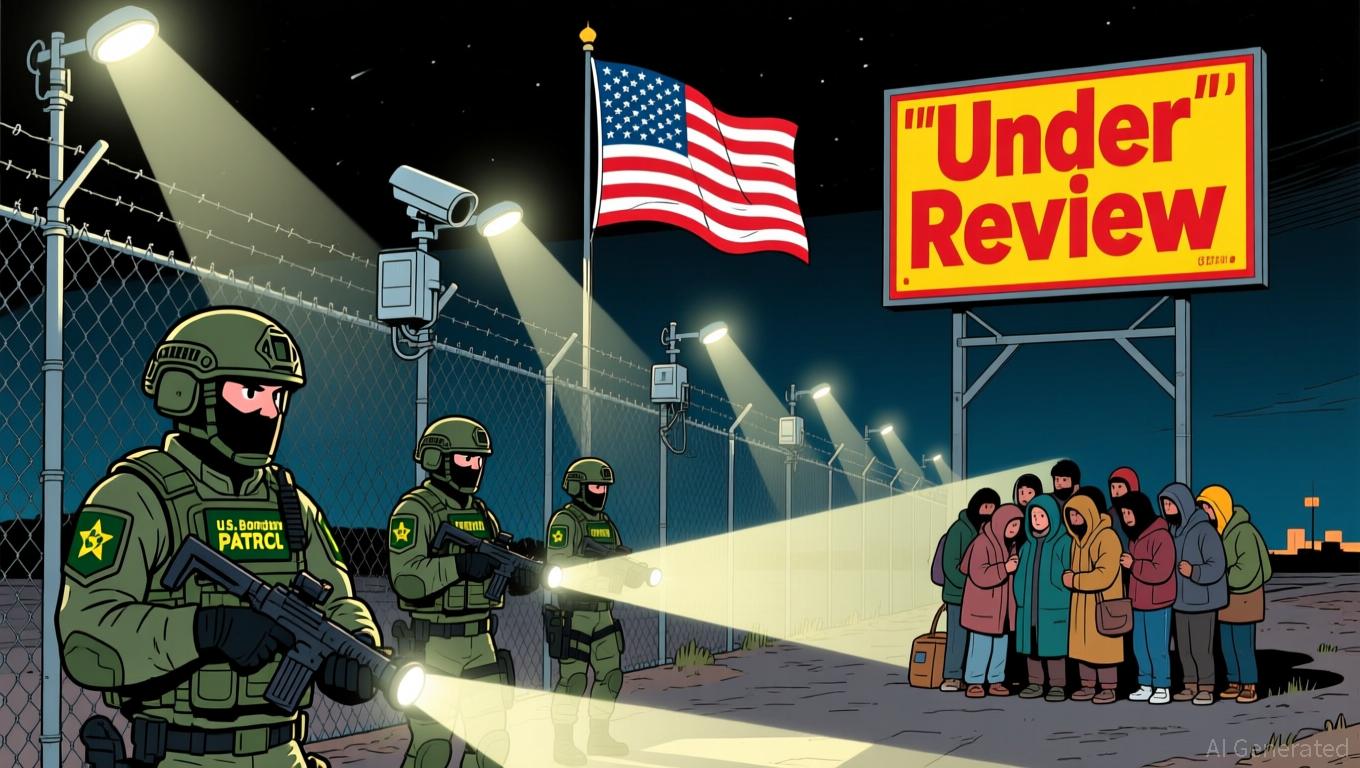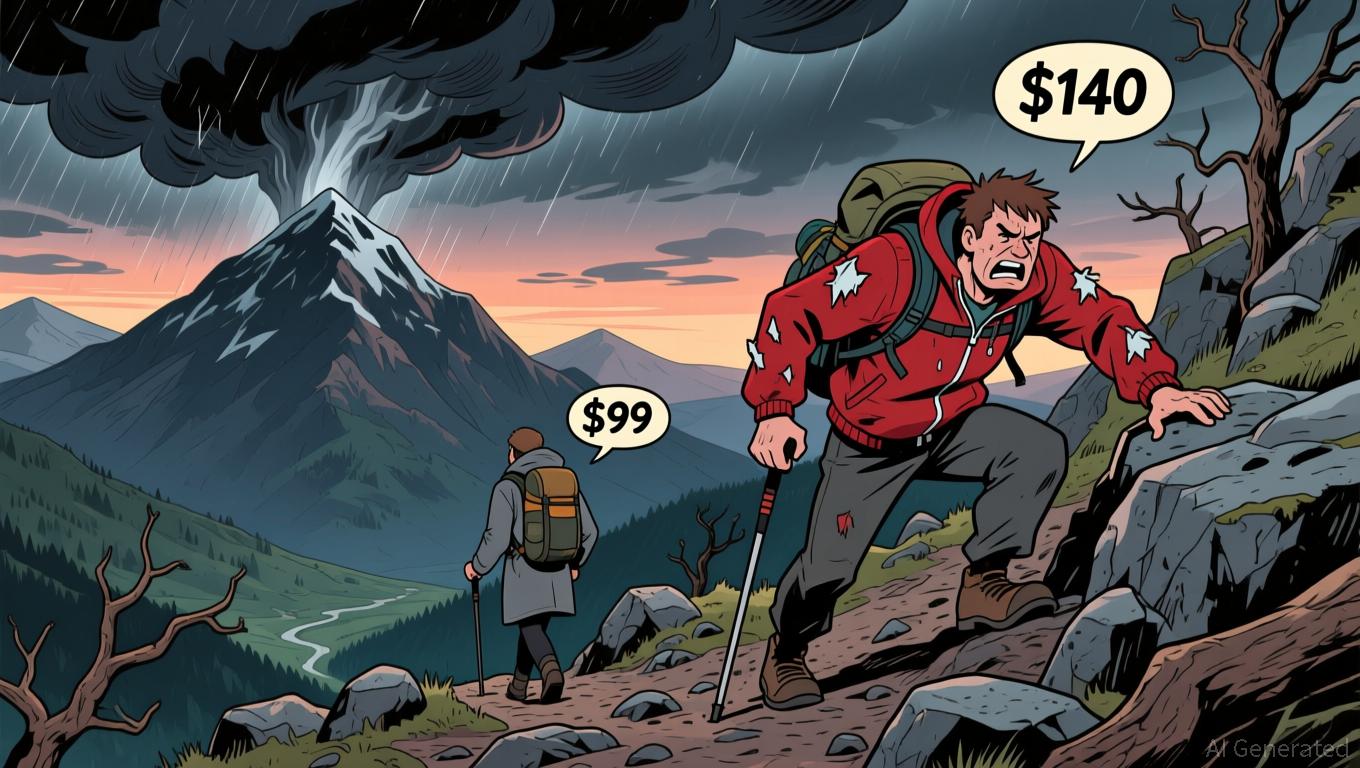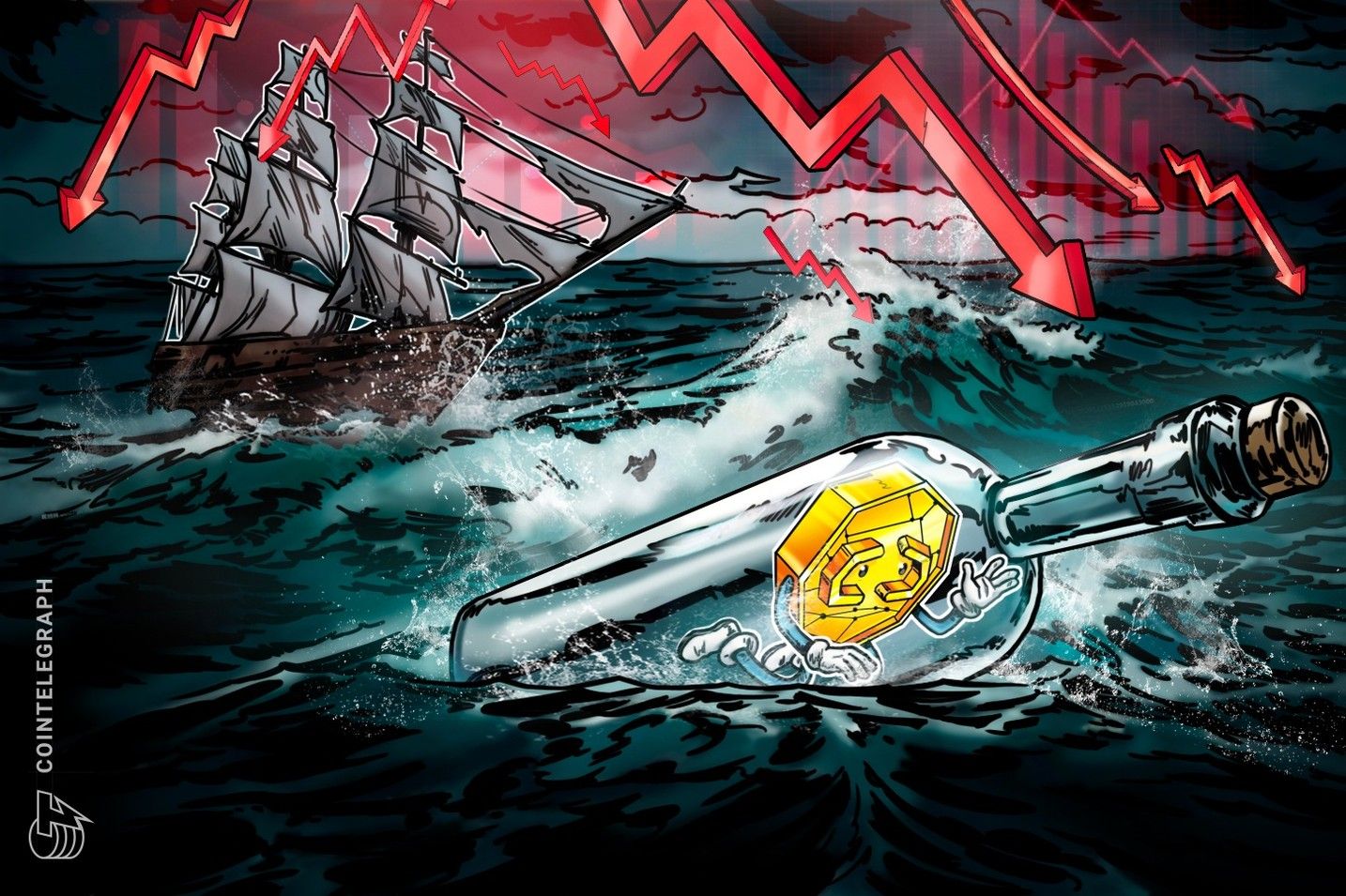Tesla has been granted a ride-hailing license by Arizona authorities this week, paving the way for the company to start its robotaxi operations in the state.
An Arizona Department of Transportation representative told TechCrunch that Tesla submitted its application for a Transportation Network Company license on November 13. ADOT confirmed that Tesla fulfilled all necessary criteria and has been officially authorized as a TNC since November 17.
This license marks the last regulatory hurdle for launching a robotaxi service in Arizona, which has become a center for autonomous vehicle research and trials. Waymo, owned by Alphabet and currently the leading robotaxi operator in the country, has been running its service in the Phoenix region since 2018. At present, Waymo’s robotaxis serve a 315-square-mile area across the greater Phoenix metropolitan region.
According to Arizona law, companies must apply and then complete a self-certification process to test self-driving vehicles, whether or not a driver is present. However, this does not permit them to offer paid robotaxi rides. Any business aiming to provide ride-hailing services, whether with human or autonomous drivers, must secure a Transportation Network Company license.
Back in June, Tesla reached out to the Arizona Department of Transportation to discuss launching autonomous ride-sharing services, initiating the certification steps. At that time, a spokesperson told TechCrunch that Tesla was interested in operating in the Phoenix metropolitan area.
Subsequently, Tesla applied for permission to test and operate autonomous vehicles both with and without a human driver. An ADOT spokesperson confirmed that Tesla completed Arizona’s self-certification process for autonomous vehicle testing in September.
Arizona is one of several states that Tesla CEO Elon Musk has identified as targets for the company’s robotaxi rollout.
In June, Tesla introduced a pilot robotaxi program in South Austin. Although the service has expanded, a human safety operator is still required in the passenger seat.
Tesla has also started a quasi-ride-hailing service in California. However, the company does not have the necessary permits to run a commercial robotaxi operation there. Instead, Tesla uses its charter service license, with employees driving Model Y vehicles equipped with the Full Self-Driving Supervised system, to transport passengers.



